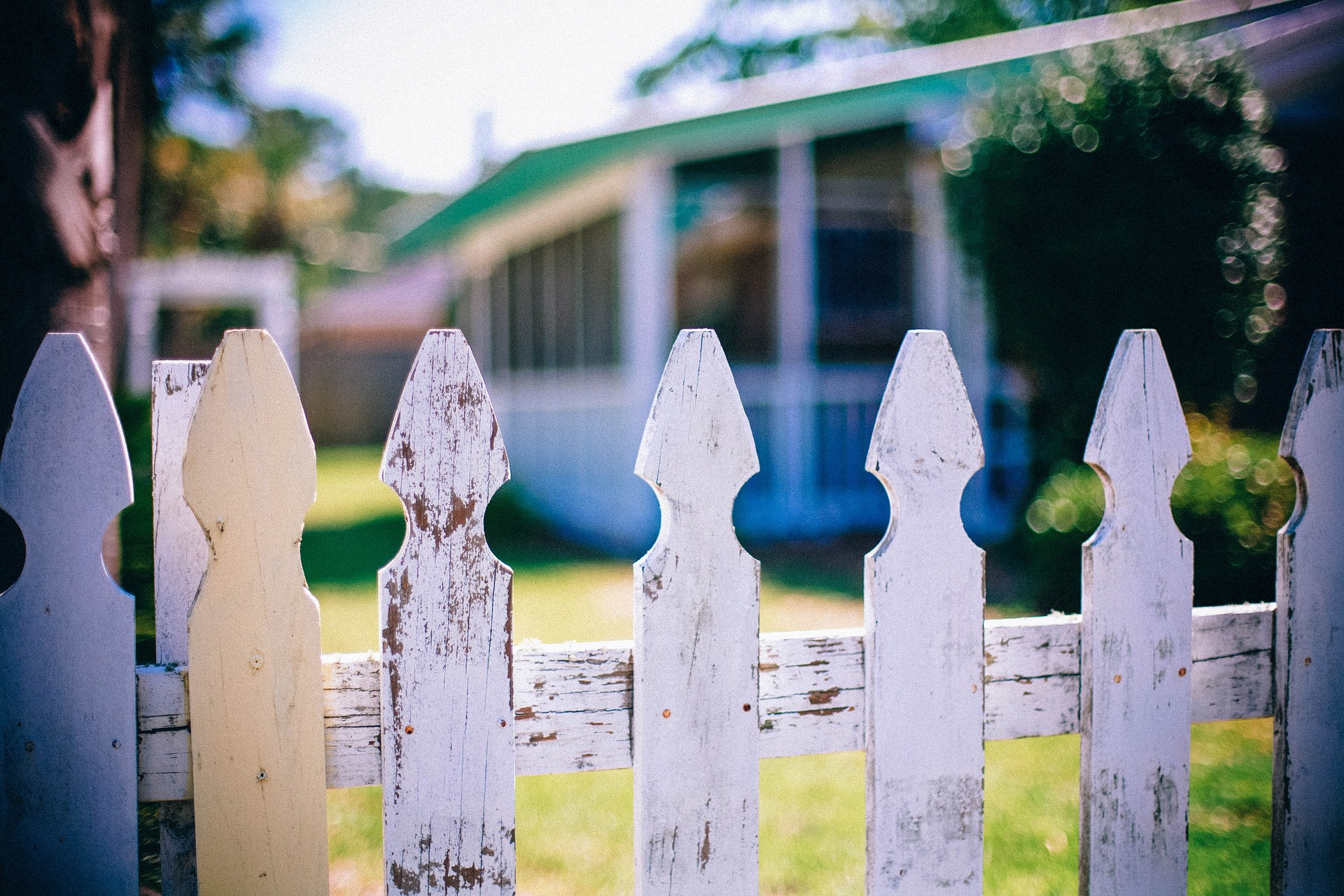Buying Land from a Neighbour: Key Considerations
Buying a piece of land from a neighbour can be an excellent way to expand your property, whether for a garden, an extension, or other purposes. However, the process involves several legal, financial, and logistical considerations. This guide will walk you through each step, providing essential information and practical tips to ensure a smooth transaction.
Initial Steps: Establishing Interest and Ownership
The first step in buying land from a neighbour is to establish if they are interested in selling. This involves having a friendly and straightforward conversation to gauge their willingness. Once there’s a mutual interest, it’s essential to confirm the legal ownership of the land. This can be done by checking with the HM Land Registry, which, for a small fee, can confirm if the land is registered and who the registered owner is.
If the land is not registered, you’ll need sufficient documentation from your neighbour to prove ownership. It’s crucial to clarify whether the neighbour owns the freehold or leasehold of the land. If they hold a leasehold, you may need to negotiate with the freeholder as well.
Legal and Financial Considerations
Legal Advice and Conveyancing: Engaging a solicitor or licensed conveyancer is vital. They will handle the legal paperwork, including conducting Land Registry searches, verifying ownership, and drafting contracts. It’s advisable to choose a professional experienced in property transactions to navigate any complexities, such as restrictive covenants or easements that might affect the land’s use.
Mortgage Considerations: If the land is mortgaged, the lender’s consent will be required. This involves the lender removing their interest in the land, which can be a complex process depending on the outstanding mortgage balance and the land’s value.
Restrictive Covenants and Planning Permission: Check for any restrictive covenants that may limit how you can use the land. Planning permission may be needed, especially if you plan to build or significantly alter the land’s use. Consulting with local planning authorities early in the process can save time and avoid potential issues.
Professional Valuation: In many cases, a professional valuation is essential. This ensures that you are paying a fair price for the land and that any financial arrangements, such as mortgage adjustments, are based on accurate figures.

The Valuation and Negotiation Process
Determining the value of the land is a critical step. An estate agent or professional land valuer can provide an accurate valuation considering factors like location, size, and potential for development. The valuation should reflect the increase in your property’s value and any decrease in your neighbour’s property value.
Negotiation Tips:
- Be Transparent: Share your plans and how the purchase benefits both parties.
- Consider Extras: If the land includes features like a shed, patio, or mature trees, these can add to its value.
- Market Research: Understanding the local property market can provide leverage during negotiations.
Finalizing the Purchase: Contracts and Land Registry
Once terms are agreed upon, your solicitor will draft a contract outlining all conditions of the sale. Both parties will sign this contract, and any necessary payments, including legal fees and Land Registry fees, will be made.
Updating the Land Registry: After the contract is signed, the transfer deed must be submitted to the Land Registry to update the ownership records. This step ensures the legal transfer of the land to your name and finalizes the transaction.
Planning and Future Use of the Land
Once you have purchased the land, the next steps depend on your intended use. Whether you plan to extend your garden, build a new structure, or simply secure more space, there are several considerations to keep in mind.
Planning Permission: If you plan to build on the land, securing planning permission is a crucial step. This involves submitting detailed plans to your local council and possibly addressing any objections from neighbours or the community.
Landscape and Design: If the land will be used as a garden or outdoor space, consider hiring a landscape architect. This professional can help design the space to enhance both its aesthetic appeal and functionality.
Utility Access: Ensure that the new land has access to necessary utilities, including water, electricity, and sewerage. This may involve negotiating with utility companies or installing new connections.
Boundary Maintenance: Clearly marking and maintaining new boundaries is essential. This can prevent future disputes and ensures that both parties respect the agreed-upon property lines.
Conclusion
Buying land from a neighbour can be a rewarding investment, but it requires careful planning and professional assistance to navigate the legalities and logistics involved. By following these steps and seeking expert advice, you can successfully expand your property while maintaining good relations with your neighbours.
This guide should equip you with the essential knowledge to embark on your land purchase journey confidently. Remember, thorough research and professional guidance are key to a successful transaction.
ARE YOU READY TO START INVESTING?
Subscribe to our mailing list now for exclusive deals, investment guides and the latest information from the property market.







